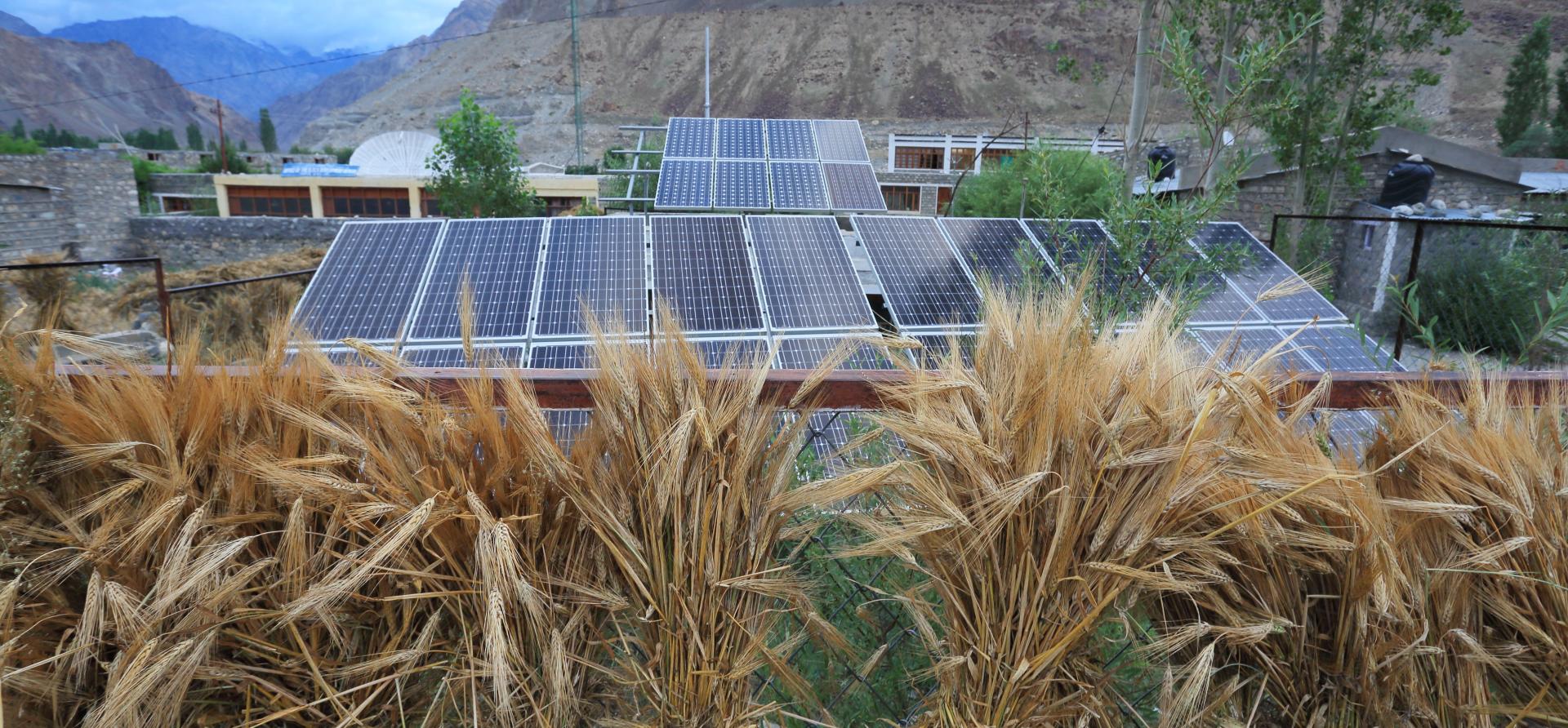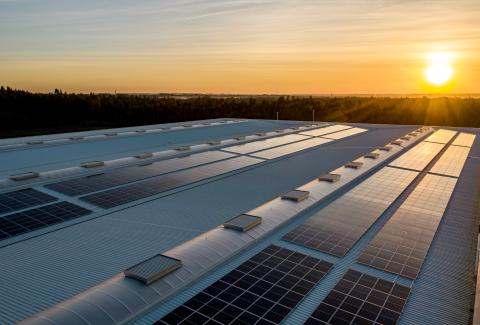Battery storage and the future of Pakistan's electricity grid
Download Full Report
View Press Release

Key Findings
Battery storage adoption is accelerating in Pakistan’s residential, commercial, and industrial sectors, driven by high electricity costs and declining solar component prices. Consumers are combining solar with Battery Energy Storage Systems (BESS) to reduce grid dependence, lower energy bills, and improve reliability. This trend is expected to continue as battery economics improve.
Solar with BESS has a payback period of 3-5 years in Pakistan’s residential sector despite a 48% cost increase from surcharges and duties on lithium-ion batteries. The payback period ranges between 4-6 years for the commercial and industrial sectors, depending on battery size or usage requirements.
Pakistan imported an estimated 1.25 gigawatt-hours (GWh) of BESS in 2024. This could increase to 8.75GWh, or 26% of the projected peak demand in 2030, if business as usual persists. Such a shift could lead to stranded peak generation assets and higher financial losses for the grid.
Unmanaged BESS growth could destabilize Pakistan’s national grid by reducing demand and raising capacity payments. Timely investments in grid modernization, smart metering, and regulatory updates can enable decentralized solar plus BESS configurations, avoiding expensive generation expansion and supporting strategic power planning.
Executive Summary
The convergence of rising energy prices and falling costs for Distributed Energy Resources (DER), such as rooftop solar photovoltaic (PV) systems and Battery Energy Storage Systems (BESS), have encouraged consumers to adopt decentralized energy solutions, reducing reliance on the grid and energy costs.
Pakistan imported an estimated 1.25 gigawatt-hours (GWh) of lithium-ion battery packs in 2024 and another 400 megawatt-hours (MWh) in the first two months of 2025, a trend that is likely to continue. As BESS adoption accelerates, it has the potential to reshape Pakistan’s energy landscape, driving the shift toward a more decentralized, consumer-centric system. While necessary, adding DERs to Pakistan’s conventional grid presents multiple challenges.
The country’s rapid adoption of solar PV systems has already started impacting centralized grid generation. As more consumers shift to net metering and self-generation, the overall electricity demand from the national grid has started declining. However, due to contractual obligations resulting from long-term power purchase agreements, the exit of paying consumers from the grid increases the financial burden on remaining users through higher fixed costs and capacity payments.
The impact of BESS adoption will depend on the pace of government investment in grid modernization and the development of advanced markets that enable decentralized battery storage to support the grid.
CORRECTION: This report was amended on 8 September 2025 in P.51 (Figure 22). We regret the error.
















